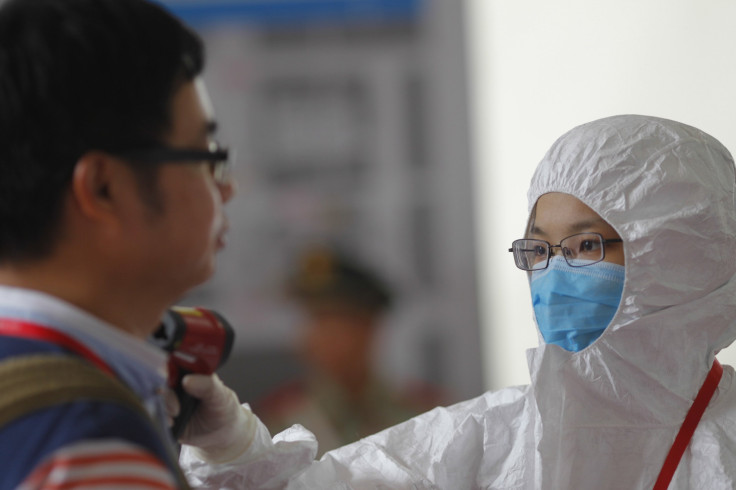Ebola Study To Examine Long-Term Consequences Of Disease: What Happens To The Survivors After Recovery?

On May 9, 2015, the World Health Organization (WHO) announced that the Ebola outbreak in Liberia had ended. The official time period for the end of the epidemic meant that 42 days, or two incubation periods, had passed since the last Ebola victim was buried.
Now, a new study has opened in Liberia, with the aim of analyzing the survivors of the disease. The study, which is a clinical research partnership between Liberia and the U.S., will examine the long-term health consequences of an Ebola infection, and track the patients throughout five years to see if they are truly immune to future Ebola infection as well as whether they can transmit infection later on to sexual partners or people close to them.
“The clinical course of Ebola virus disease is reasonably well-understood, but we still have much to learn about the long-term health effects of the illness in those who recover,” Dr. Anthony Fauci, the National Institute of Allergy and Infectious Diseases (NIAID) director, said in the press release. “To unravel the many unknowns, we have expanded the focus of our partnership with Liberia’s Ministry of Health to include research on the long-term health effects of Ebola virus disease, in addition to our ongoing efforts to find an effective preventive vaccine and treatments for Ebola virus disease.”
The study will examine some 7,500 people, as well as 1,500 Ebola survivors and 6,000 of their close friends or relatives. It will take place across different sites in Liberia, and will involve researchers from the CDC, Johns Hopkins University, and John F. Kennedy Medical Center in Sinkor, Monrovia. The study will last about five years and will track the patients every six months, where they will undergo blood draws and a basic physical to identify their Ebola antibody levels and observe any outstanding medical problems.
While recovered Ebola patients shouldn’t be shunned or stigmatized due to the disease (they are free to live their lives normally just as they did prior to the illness), researchers still aren’t entirely sure what happens to patients after the disease. For example, some patients have complained of eye problems as well as joint and bone pain similar to arthritis. Ebola survivors are more likely to develop an inflammatory eye condition called uveitis, and doctors don’t know how long a person continues to release the virus from their systems after they’ve recovered. One Ebola survivor continued to emit the virus in his semen 61 days after the infection had subsided.
“There have been reports of inflammatory eye disease and vision loss among Ebola survivors,” Dr. Frederick Ferris, NEI Clinical Director, said in the press release. “Our goal is to determine the incidence and extent of Ebola-related eye disease among survivors, risk factors contributing to its development, and optimal treatment strategies.”
Published by Medicaldaily.com



























